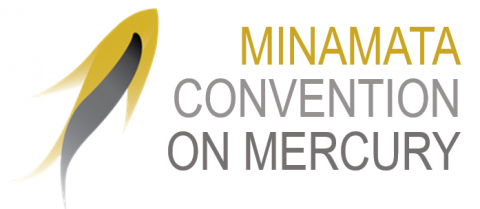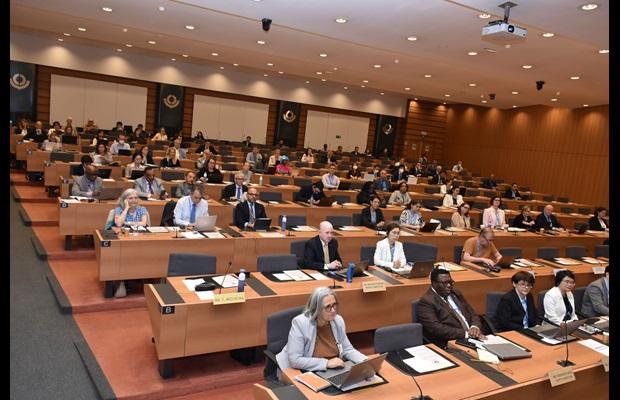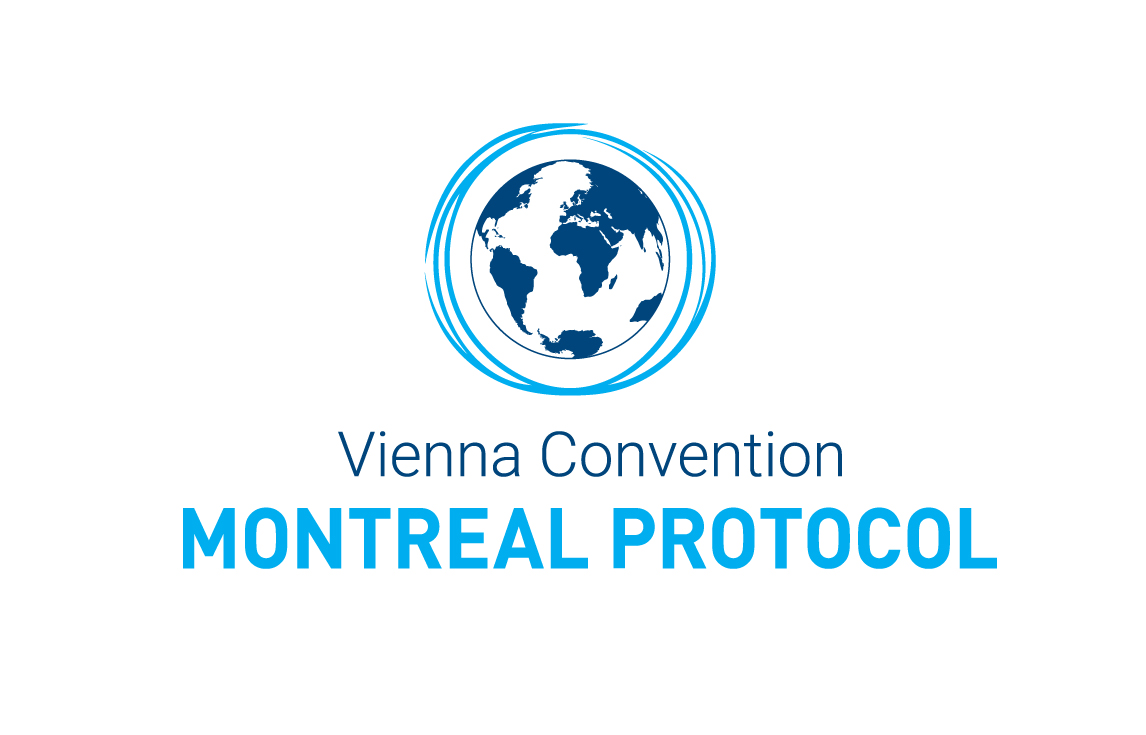Introducing a new partner of the GCI: The Minamata Convention
The Green Customs Initiative welcomes the Secretariat of the Minamata Convention as the 12th partner of the Initiative. The Minamata Convention is a fairly new convention and the GCI-Secretariat is happy that the Secretariat of the Convention will collaborate with the 11 other partners from the very beginning to increase the capacities of customs officers on environmentally sensitive commodities.
The Minamata Convention is a global treaty to protect human health and the environment from the adverse effects of mercury. While it was adopted in 2013, the convention came into force in 2017. Currently, the Convention has 128 signatories and 107 Parties.
The Convention draws attention to a global and ubiquitous metal that, while naturally occurring, has broad uses in everyday objects and is released to the atmosphere, soil and water from a variety of sources. Controlling the anthropogenic releases of mercury throughout its lifecycle has been a key factor in shaping the obligations under the Convention.
The Minamata Convention is named after the city of Minamata in Japan, where local communities were poisoned by mercury-tainted industrial wastewater in the late 1950s and suffered crippling, untreatable and stigmatizing effects.
Minamata Convention includes a number of provisions related to international trade. It only allows the export of mercury with a written consent of the importing country, for the use allowed in the Convention. It regulates the manufacture, import and export of mercury-added products. Countries where artisanal and small scale gold mining takes place have to establish a national plan that addresses the management of trade. Customs play a key role in implementing these provisions. The Secretariat of the Minamata Convention looks forward to opportunities for capacity-building and information exchange through the Green Customs Initiative.















